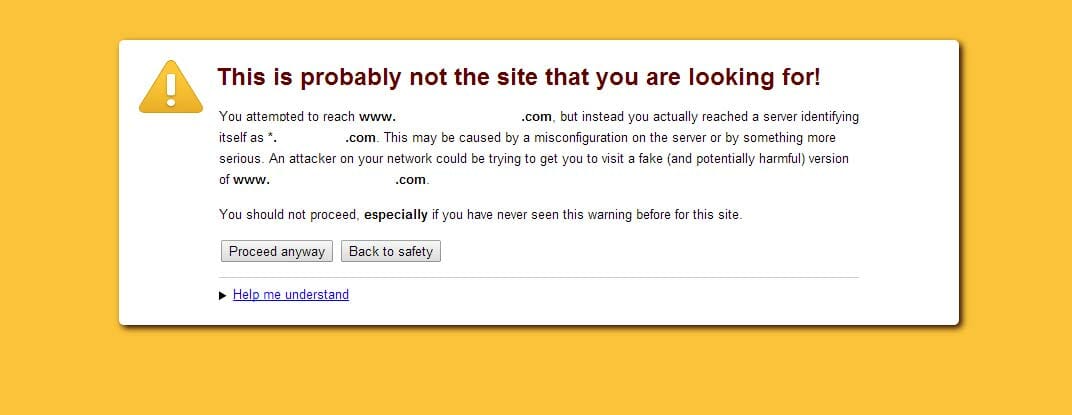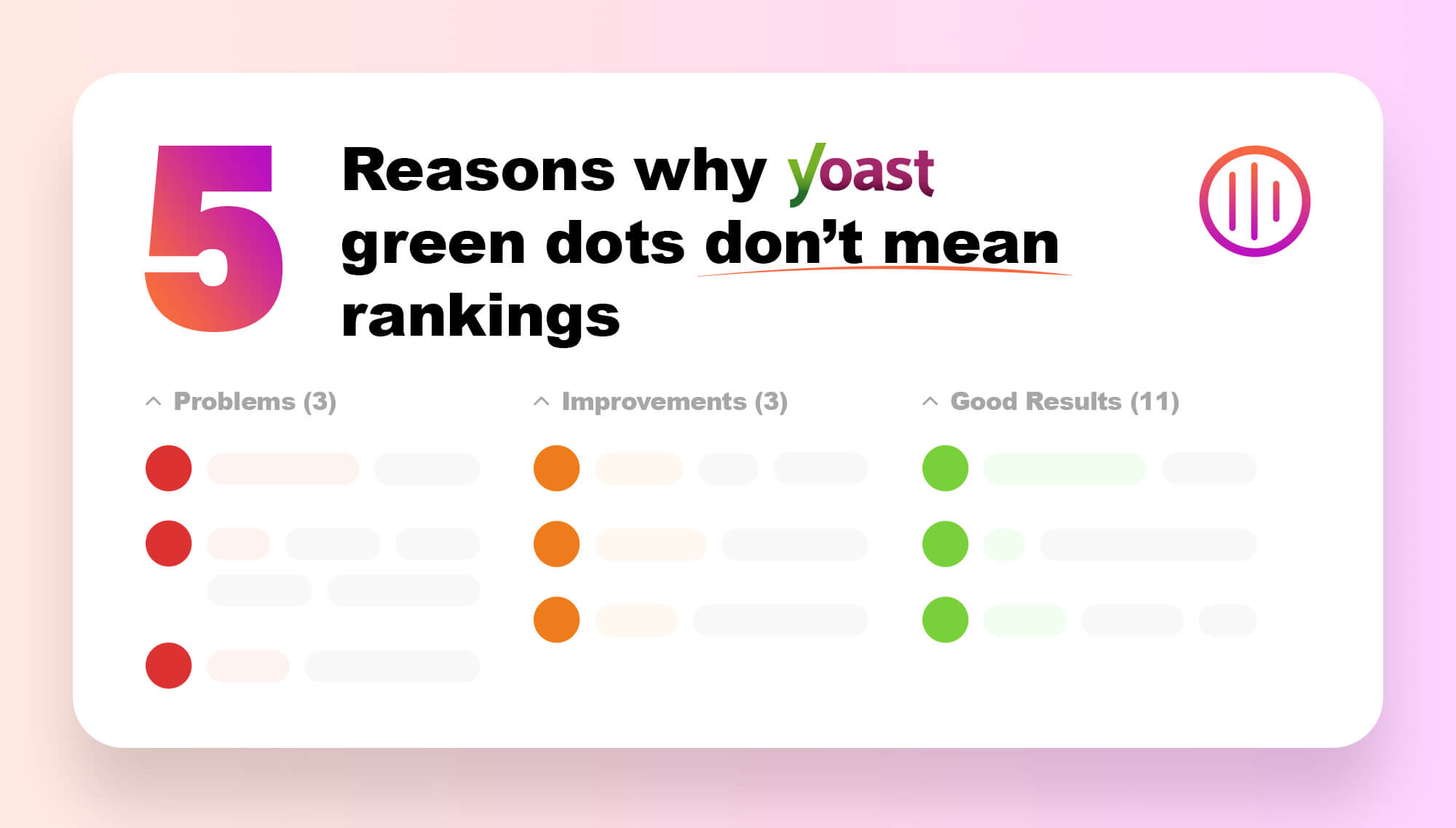On August 6 th Google made the announcement that they’ve implemented the use of HTTPS as a new ranking factor into their search algorithm. Based on their own testing, Google states that it believes this update will actually only impact “fewer than 1% of global queries”. This announcement may not come as much of a surprise to those who follow the industry news closely, as Google’s own head of search spam, Matt Cutts, mentioned his interested in making SSL a ranking factor about 5 months ago at SMX West.
What is HTTPS?
HTTPS stands for Hyper Text Transfer Protocol Secure: simply put, it is the secure version of HTTP. HTTPS utilises Secure Sockets Layer (SSL) protocol to allow for a secure connection between the user and the server. Essentially protecting any information passed between server and client from being seen by unwanted eyes. HTTPS will be seen as https:// before the URL in your address bar, showing a little padlock to the side.
Why Google Made This Change.
Although Google doesn’t implicitly control what happens on the internet, it does seem to place an ever increasing influencing pressure on websites to conform to what they view as the best practice. We’ve seen first-hand Google’s eagerness to slap non cohering websites with strict penalties. Google even administers lower rankings to those websites with slower site speeds starting in 2010 and non-mobile friendly designs in 2013.
All these Google updates which have happened over the years have given us an insight into what Google sees the future of the internet as. They have taken notice of the power they have to administer success or failure to a company’s online presence through creating a dependence on the sheer volume of users who use Google to find these companies. They have then used this enormous reliance to influence the behaviour of these websites, ultimately to conform to their vision.
With the announcement of their implantation of HTTPS as a signal within the search rankings, Google has shown us that looking into the future; they see everyone having the ability to have a safe, secure, private and encrypted browser experience.
How will this affect you?
The User
The implications of this Google change to the user will be relatively minimal. Outside of being better protected on a larger scale while they surf and shop online, the changeover to a HTTPS web will not be all that noticeable to the end user.
The Business
The result of the HTTPS addition to the Google algorithm will have a little more profound effect on websites. A marginal 1% will be directly affected in the rankings as of the current update, so the immediate implications remain minimal.
Will the Switch to HTTPS Negatively Affect Your SEO?
Https if mis-configured put users off, as much as it can instil trust in a website.
Theoretically, no. Switching to HTTPS from HTTP will not negatively affect your current Search Engine rankings at all, providing you make all the necessary adjustments and implement the changeover correctly. There are many comprehensive guides available online to help you through the steps you should take. Here are a few of the points to look at:
Certificate Type
Depending on the scale and function of your website, you should be careful in considering which type of certificate best fits your requirement.
Single-domain: https://www.1st-website.com
Multi-domain (UCC): https://www.1st-website.com, https://www.2nd-website.com, https://www.3rd-website.com
Wildcard: https://www.1st-website.com, https://blog.1st-website.com, https://shop.1st-website.com
301 Redirect
As we know, Google places a very high priority on the uniqueness of content on a site. For this reason it is very important to make sure you introduce simple 301 redirects on the previous HTTP pages pointing towards the HTTPS equivalent page. Penalties may be incurred if not due to having two different sites utilising the exact same content.
2048-bit Key
Google has expressed its interest in websites using a 2048-bit key certificate, so whether you already have HTTPS implemented or are starting with a new one, you should make sure your certificate is a 2048-bit key.
Crawling Robots
A big point is to make sure your HTTPS website doesn’t block out crawling using robots.txt
Webmaster
Google will view the HTTP and HTTPS website as completely separate sites. You need to ensure you have listed both separately in your Google Webmaster Tools.
Infrastructure
It is very important to make sure your infrastructure will be able to support to changeover to HTTPS. Using HTTPS will incur a higher load through SSL, caching, etc. It is also worth noting that there will be a higher load on the server for an SSL secure site due to the connections being encrypted, so ensuring your server can cope without drastically increasing load times is important.
Links
Make sure you update all internal links (which may not have relative paths) and ensure none link back to the old HTTP version. Backlinks should also be checked and requested to be updated to the HTTPS links if the situation permits.
Sitemap
Check the sitemap.xml and ensure that it only contains the HTTPS versions.
Google has published a best practice guide to moving your website which you can find here: Google’s Site Move Article
Should you change?
There is no right or wrong answer to these questions, although a profession opinion might suggest the answer is “Yes, you should change, but there is no rush”.
Seeing as there are no real negative effects for switching to HTTPS, save for a slightly larger hole in your wallet, it wouldn’t hurt to make the change ahead of the game. After all, a website is catering to the needs of its users and with a growing awareness of internet safety; security is an ever growing concern which consumers are taking into consideration.
Bearing in mind, there are a variety of SSL certificates available on the market. They all serve the same purpose, but beware of their ability to work for you. Some of the free & cheap SSL certificates have issues on a variety of platforms & devices as well as some third-party codes like embedded content or analytics code. You can check the validity of your SSL web server configuration here: Qualys SSL Server Test
The Future for Websites
Google has openly expressed its interest in keeping everyone on the web safe. A big part how Google see’s this ‘safe future’ is through the use of HTTPS; hence their recent introduction of HTTPS signals into their query algorithm.
“For now it’s only a very lightweight signal – affecting fewer than 1% of global queries, and carrying less weight than other signals such as high quality content – while we give webmasters time to switch to HTTPS.”
Google clearly has the intention of strengthening HTTPS as a ranking signal in the future, meaning almost every website is going to want to go secure if they have ranking on Google in their sights. It might even be predicted that in the future Google might implement a ‘warning’ feature notifying search users when a website is ‘Not Secure: Does Not Use HTTPS’.






